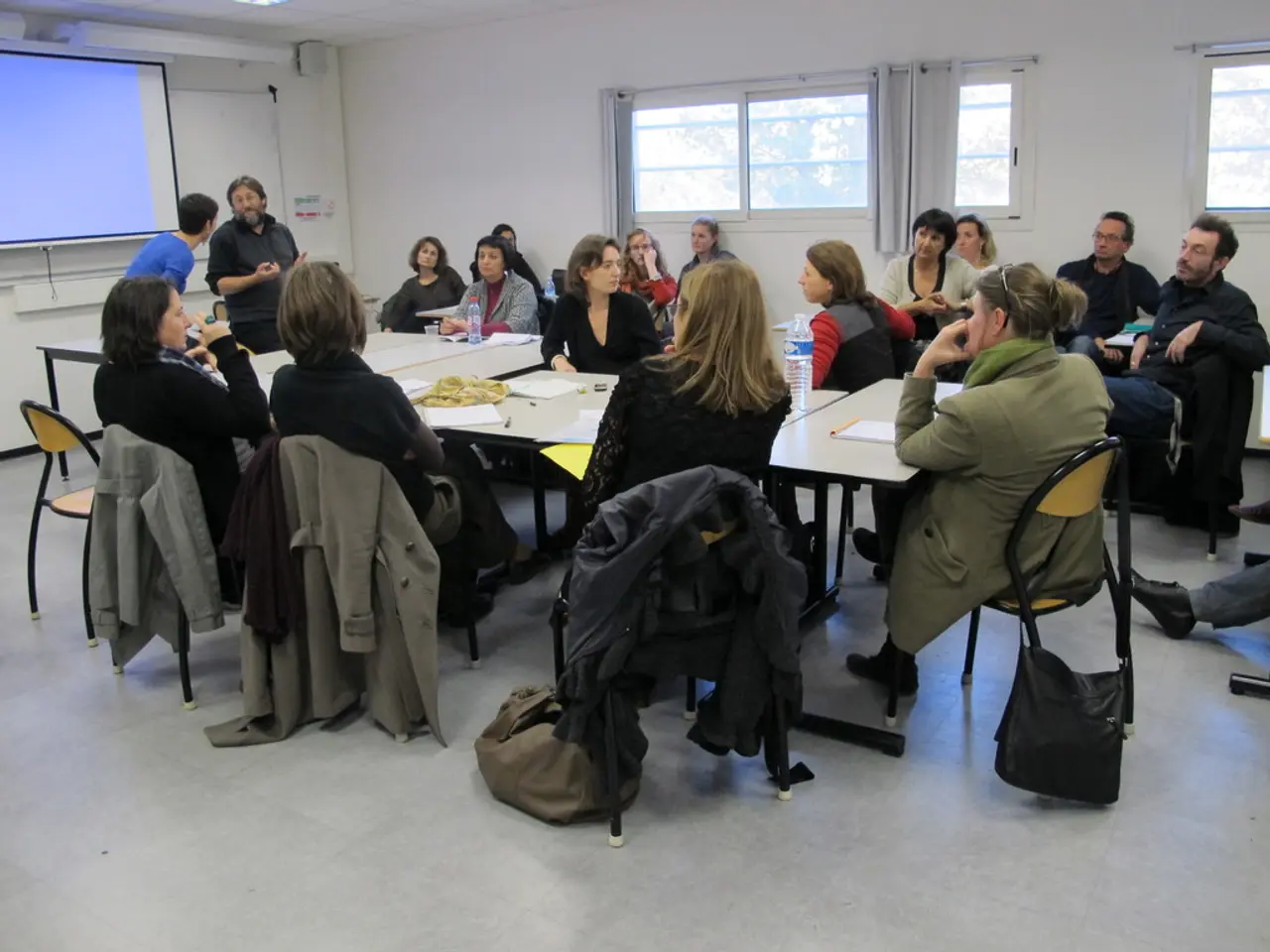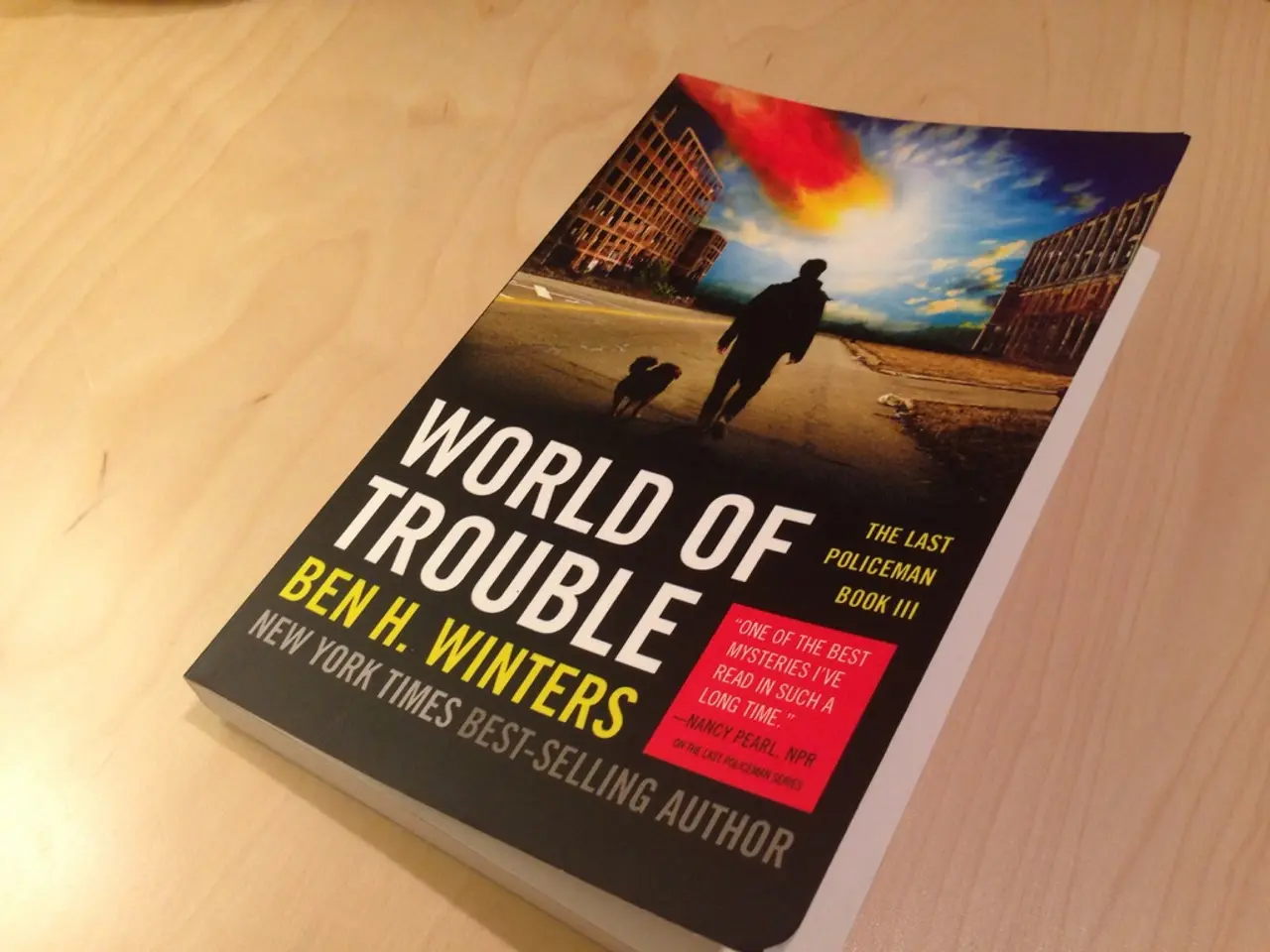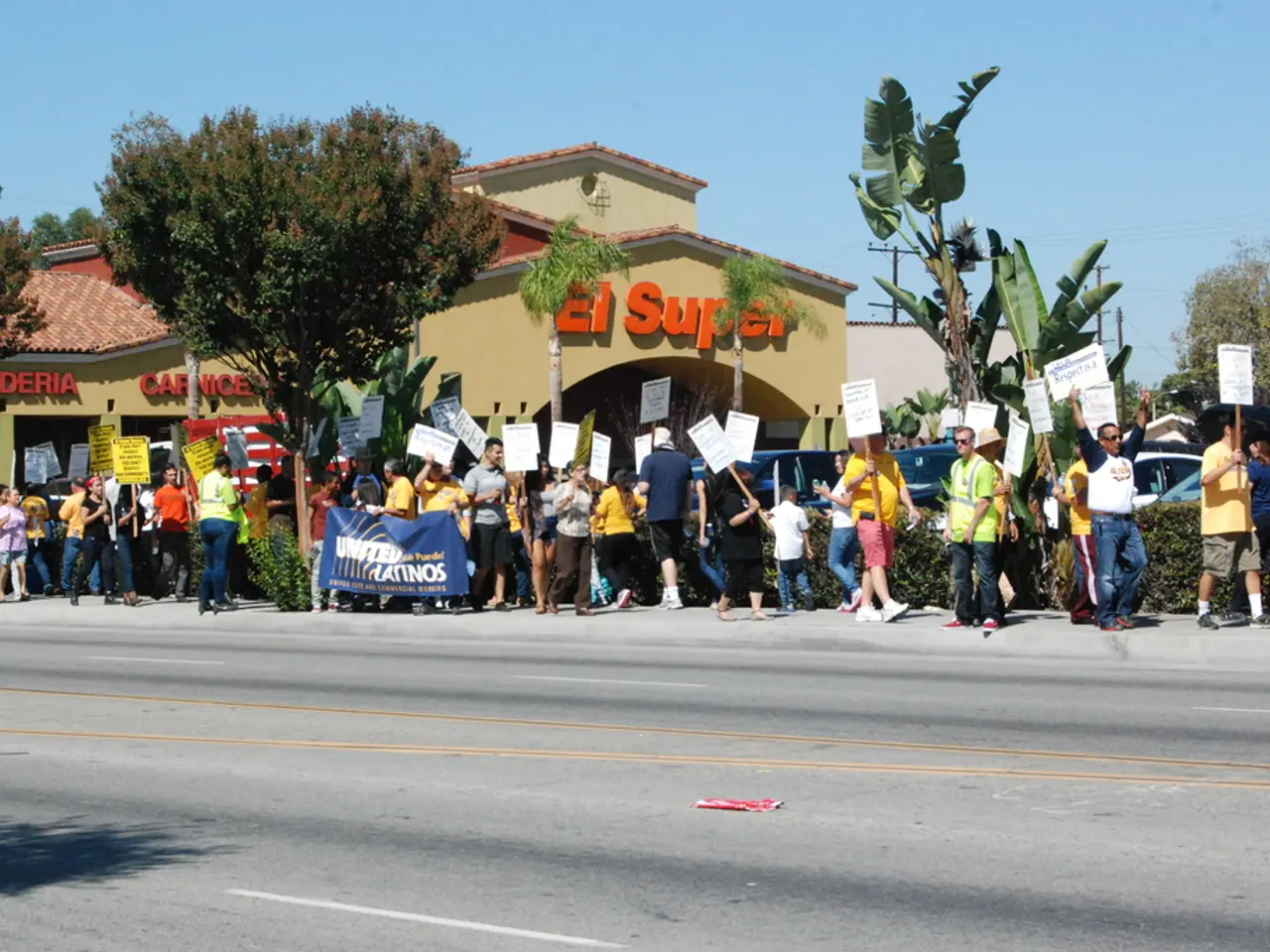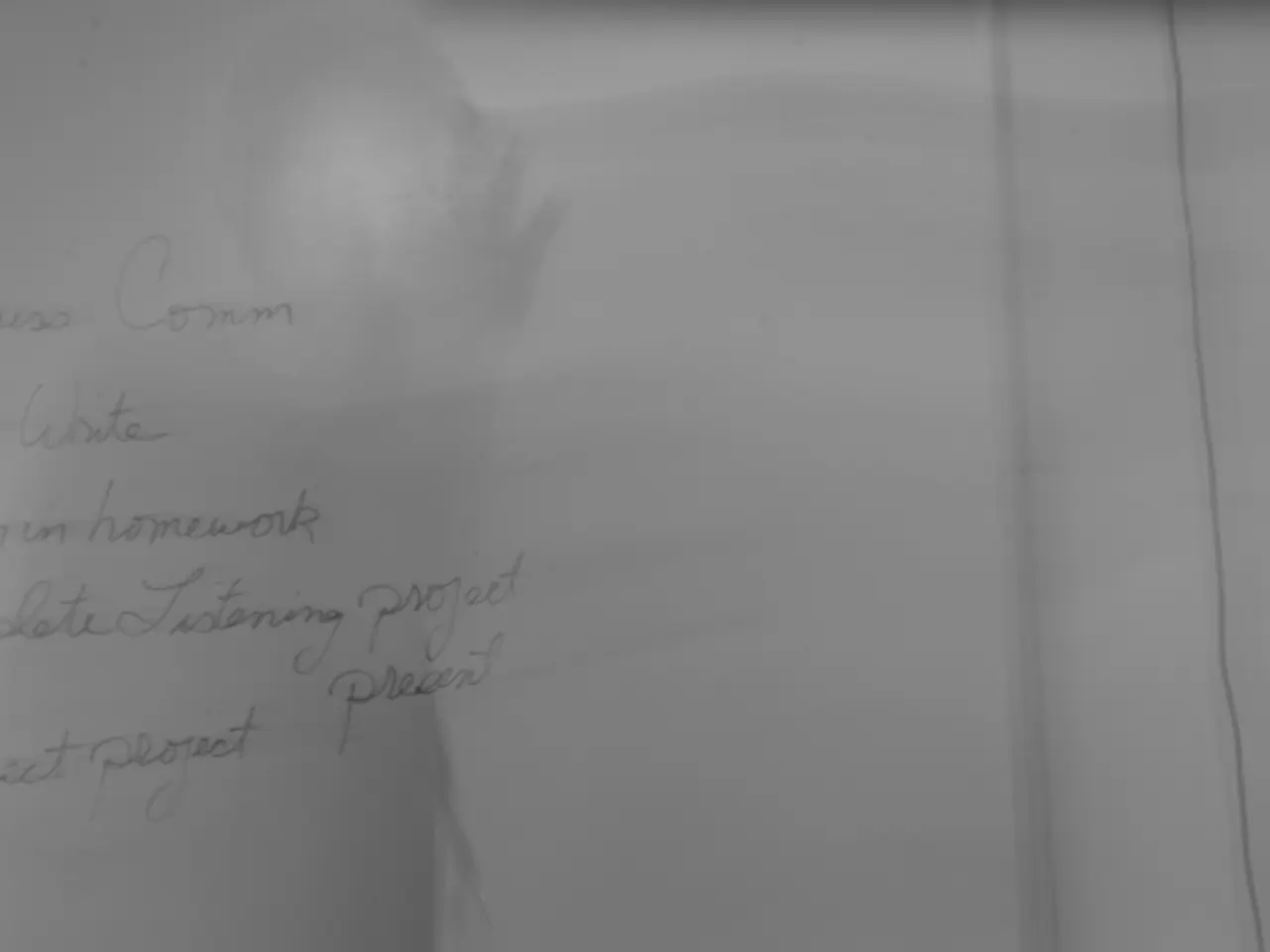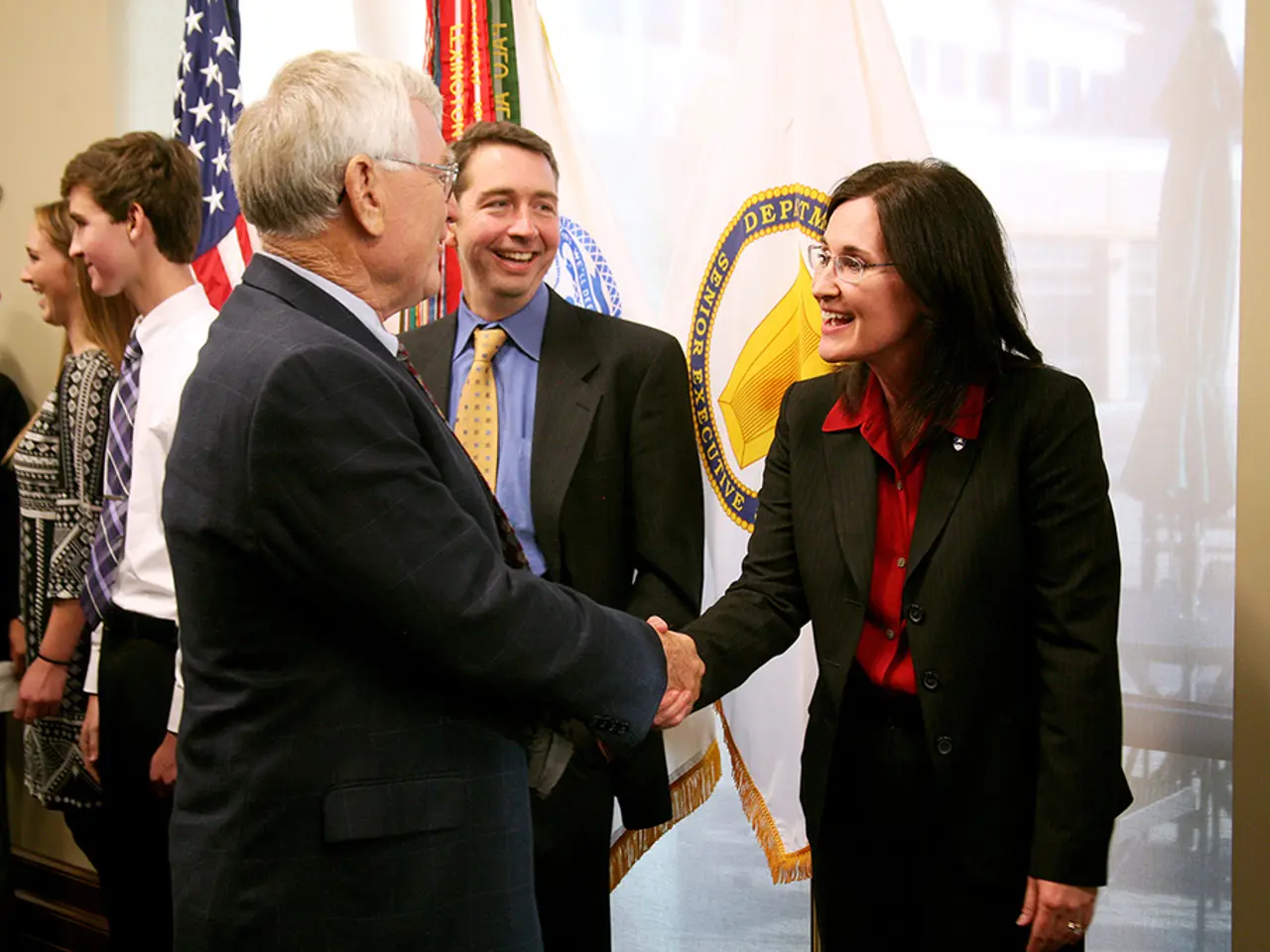Iran: Trump's statements perceived as psychological strategies and media manipulations
Following the recent U.S. strikes on three Iranian nuclear facilities, talks between the United States and Iran have stalled, with tensions running high. The Iranian Guardian Council approved a bill on June 26, 2025, suspending cooperation with the International Atomic Energy Agency (IAEA), barring inspectors from entering the country, and eliminating the IAEA’s access to Iranian nuclear sites[1].
Despite this, an Iranian official has suggested that the IAEA inspectors currently in Iran will be allowed to stay, though Iran does not guarantee their safety due to the recent strikes[1]. Iranian Foreign Affairs Ministry spokesperson Esmaeil Baghaei confirmed on June 30 that inspectors remain in Iran but reiterated Tehran’s position of suspended cooperation with the IAEA, accusing the agency of errors that justified Iran's response[1].
The suspension of cooperation with the IAEA and restrictions on inspections represent a significant setback for diplomatic engagement and monitoring efforts related to Iran’s nuclear program. Given this context, the prospects for meaningful dialogue or negotiations between the U.S. and Iran at this time appear bleak, as Iran views the strikes as provocations and is tightening control over its nuclear program and international oversight[1]. There is no public indication of resumed talks or diplomatic progress following the strikes.
U.S. President Donald Trump has made conflicting statements about potential sanctions relief for Iran. Initially, he suggested that sanctions relief would make a significant difference for Tehran[2]. However, hours later, he claimed he was not offering anything to Iran[3]. Trump has differentiated his approach from that of President Obama, stating, "I am not offering Iran ANYTHING"[4].
Iran's deputy foreign minister, Majid Takht-Ravanchi, stated that talks between Washington and Tehran cannot resume unless the U.S. rules out further strikes on Iran[5]. France, Germany, and Britain have condemned "threats" against the head of the U.N. nuclear watchdog, Rafael Grossi, after Iran rejected his request to visit nuclear facilities[6].
Trump has stated that getting more from Iran with incentives is more effective than sanctions[7]. He has also expressed a willingness to lift sanctions on Iran if the country demonstrates peaceful behavior and cooperation with Washington[8]. However, these statements have not led to any concrete progress in the stalled talks.
In summary, the current status of U.S.-Iran talks is effectively frozen, with Iran doubling down on restricting international inspections and the U.S. maintaining pressure through military and diplomatic means[1]. The conflicting statements from both leaders have added to the uncertainty surrounding any potential resolution to the ongoing tensions.
[1] BBC News (2025). Iran suspends cooperation with International Atomic Energy Agency. [online] Available at:
- The ongoing political tensions between the U.S. and Iran, escalated by war-and-conflicts such as the recent strikes on Iranian nuclear facilities, have made general-news headlines, as both nations are now focused on reinforcing their standpoints rather than engaging in meaningful dialogue or negotiations.
- As Iran has suspended cooperation with the International Atomic Energy Agency (IAEA), barring inspectors from entering the country and eliminating the IAEA’s access to Iranian nuclear sites, the global community is keeping a close eye on political developments, grappling with the complexities and uncertainties of a potential resolution to the ongoing tensions.
